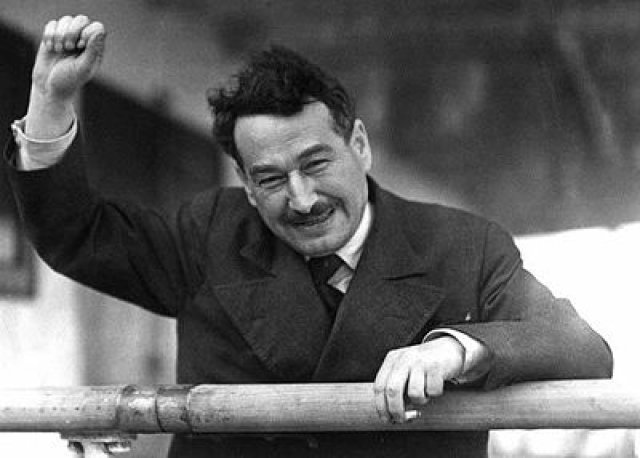
A Perth educator, author and long-time activist, Mary (Mairi) McKenzie, died on New Year's Eve at the age of 94.
Mary discovered early what life was like in a society with little welfare and few rights for workers and the unemployed. At the age of 10, she lost her mother to tuberculosis, making her effectively the mother figure for her seven younger siblings. At the age of 13 she left school to undertake their full-time care.
By this time, the 1930s depression had struck. Although her father remained in work, the awful task of budgeting for nine people on a railway carpenter's wage, and the even worse plight of the unemployed, marked the young girl for life.
A few years later, she was thrown out of her job in a shirt factory for encouraging coworkers to demand work breaks to which they were entitled.
Encouraged by the writer Katherine Susannah Pritchard, Mary followed her politically conscious father into labour politics and the Communist Party. The key issues at the time were unemployment, the fight for a decent dole and free speech — centreing around the federal government's (ultimately failed) attempts to bar a speaking tour by the Czech journalist and anti-Nazi Egon Kisch in 1934-35.
Access to health services, including birth control, was an issue she pursued in the face of bitter opposition from sections of the ALP. Later in the decade, Mary became involved in campaigns for arms for republican Spain and in opposition to fascism, appeasement and the drift to war.

Around this time, Mary met her future husband John and they formed a lifelong personal and political partnership. During the war, Mary supported a worldwide campaign for the opening of a second front in Western Europe to relieve Nazism's pressure on the Soviet front. At home, Mary backed her father's resistance to assaults on working conditions and civil rights in time of war.
After the war, Mary opposed the Cold War by joining the campaigns for a five-power peace pact and the banning of nuclear weapons.
Through the Union of Australian Women and the Modern Women's Club in Perth, she pursued demands for equal pay and access to work for women, improved child endowment and benefits for single parents. She helped coordinate an annual fund-raising fair for the Communist Party's newspaper, the Tribune.
By the late 1950s, a vastly changed Australia led her to reappraise her view of what was then politically possible and, while retaining her basic principles, she quit the party and active politics after more than 20 years involvement.
In the 1970s, she conceived of and established Australia's first Museum of Childhood, served as its first director and ran the museum's educational program. Mary received the award Citizen of WA for her contributions to museology and to education.
Although most of the last decade of her life was spent nursing her dementia-stricken husband, Mary remained committed to progressive causes and was a keen reader and supporter of Green Left Weekly into the last month of her life. She published the story of her early life in 2005.
She is survived by two sons and several grandchildren and great-grandchildren.